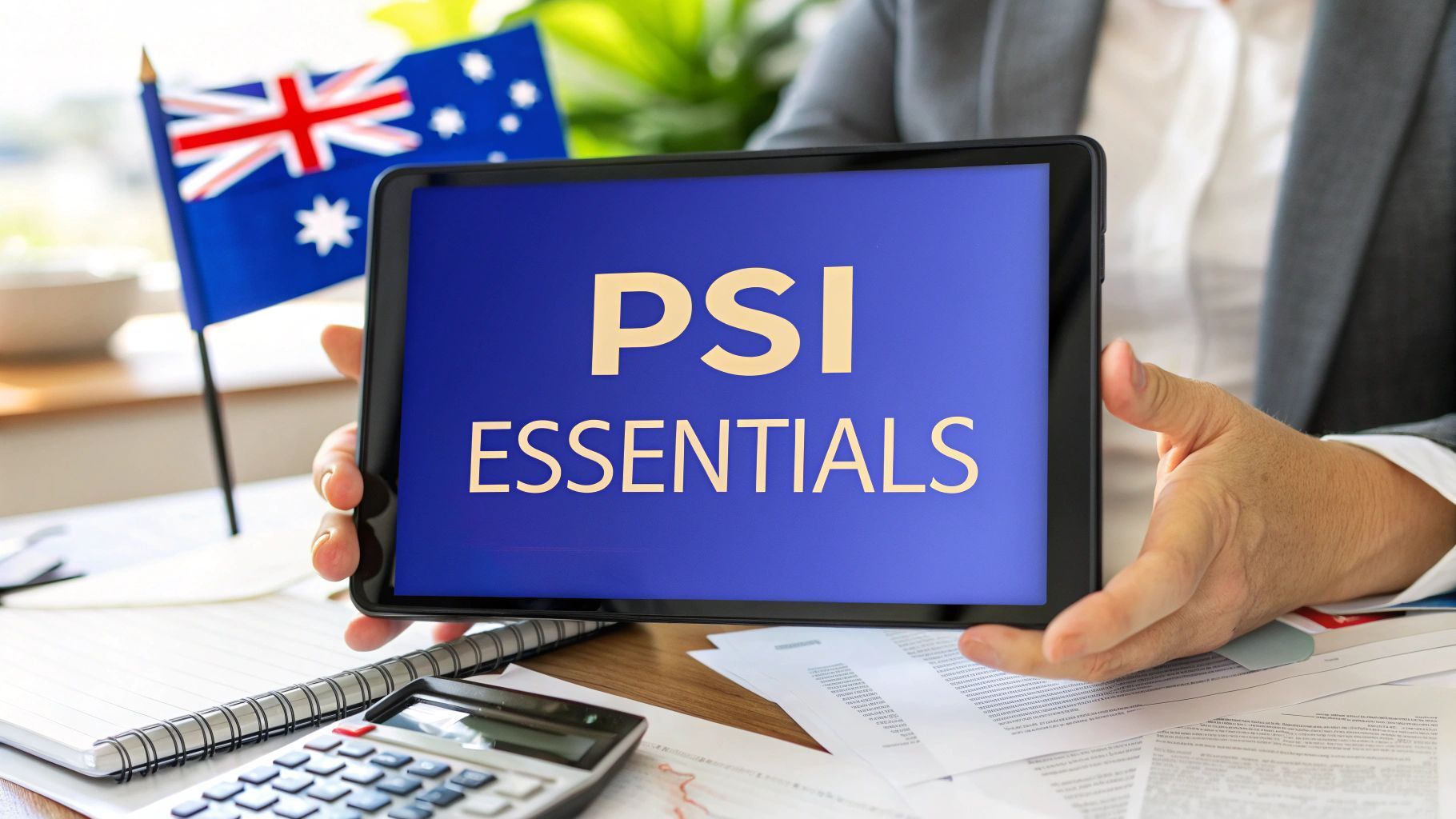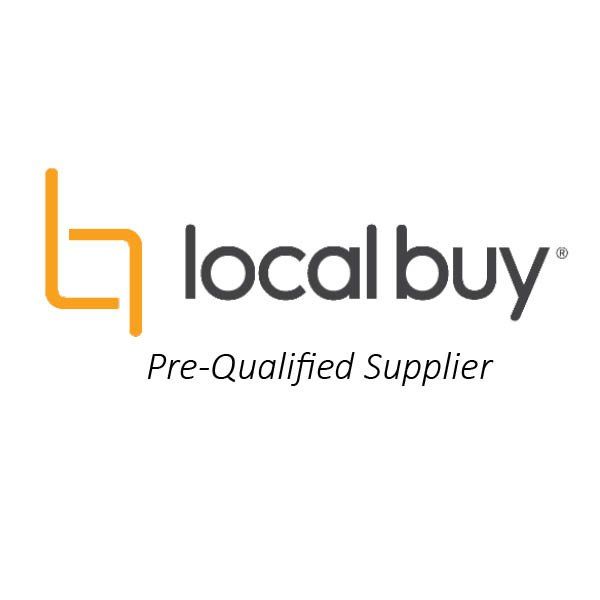Conditions for Withdrawing Super Before Retirement
Conditions for Withdrawing Super Before Retirement

Conditions for Withdrawing Super Before Retirement
Superannuation is designed to provide financial security in retirement, but there are specific circumstances where you may be allowed to access your super early. These conditions are strict and intended to address significant financial hardship or life events. Here are the main scenarios where early withdrawal is possible:
1. Severe Financial Hardship
You may be eligible to withdraw some of your super if you meet the following criteria:
- You have been receiving eligible Centrelink or Department of Veterans’ Affairs payments continuously for 26 weeks.
- You are unable to meet immediate living expenses.
The amount you can withdraw is limited to between $1,000 and $10,000 in a 12-month period.
2. Compassionate Grounds
Compassionate grounds allow early access to super for specific situations, such as:
- Paying for medical treatment or transport for you or a dependent.
- Preventing the forced sale of your home due to mortgage arrears.
- Covering funeral costs for a dependent.
Approval from the Australian Taxation Office (ATO) is required for withdrawals on compassionate grounds.
3. Terminal Medical Condition
If you are diagnosed with a terminal illness, you can access your super tax-free. Two medical practitioners, including one specialist, must certify that you have a life expectancy of 24 months or less.
4. Permanent Incapacity
If you are permanently unable to work due to a physical or mental condition, you may be able to withdraw your super early. This requires medical evidence and approval from your super fund.
5. Temporary Resident Departing Australia
Temporary visa holders who permanently leave Australia can apply to withdraw their super under the Departing Australia Superannuation Payment (DASP) scheme. Taxes apply to these withdrawals.
6. First Home Super Saver Scheme (FHSSS)
If you’re buying your first home, you can withdraw voluntary super contributions under the FHSSS to help with a deposit. Specific rules and limits apply.
Important Considerations
Early withdrawals often come with tax implications, and accessing your super early may significantly reduce your retirement savings. It’s essential to understand the long-term impact and seek financial advice before proceeding.
Super is a vital part of your financial future, so early access should be a last resort. If you’re facing financial difficulties or need assistance, consider exploring other support options first.

















